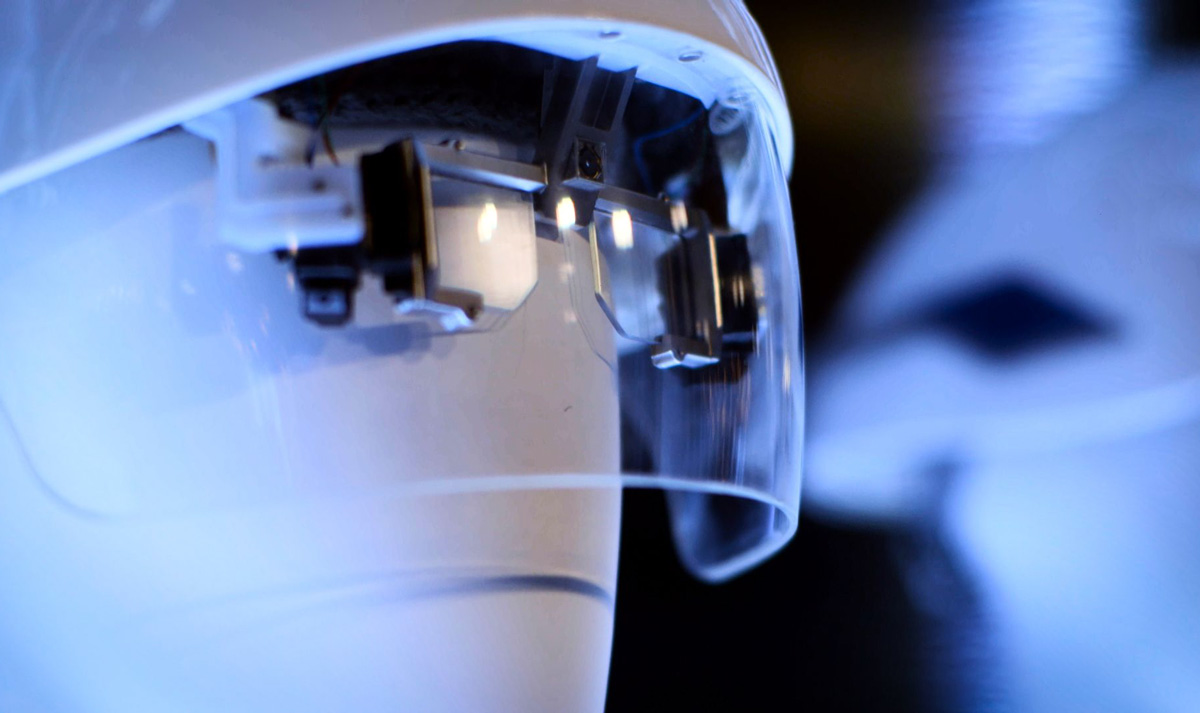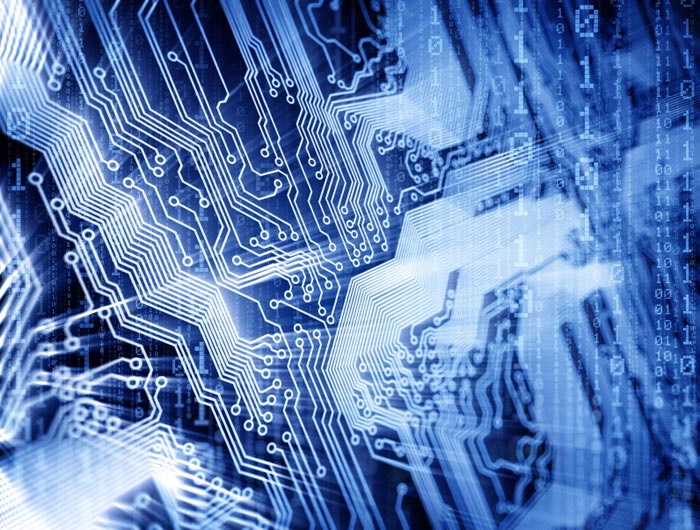
A team of scientists at the renowned institution MIT is looking to teach an automaton how to clean up after you in the kitchen.

This year’s Consumer Electronics Show isn’t officially over until the end of the day on Saturday but all of the big announcements are behind us at this point.

Dolby Cinema, Imax and Barco Escape pushed the envelope this year when it came to film presentation.

Imagine a technology, which could connect you to the Internet at speeds of 1Gbps, by simply using LED bulbs, free from any waves with potentially harmful effects on the body. That is precisely what Li-Fi offers.

Einstein's "spooky action at a distance" can reach as far as low earth orbit, and twisted light could boost quantum communication bandwidth
Nadine, a humanoid robot 'receptionist' at Nanyang Technological University (NTU) in Singapore, is able to greet visitors and remember their names, and even the conversations they have previously had. Footage shows her having a chat with her creator, Prof. Nadia Thalmann, at the university earlier this month.

The debate about preventing the Singularity; Artificial Intelligence and Climate Change; Proof that the Singularity will occur by 2030

Engineers have successfully married electrons and photons within a single-chip microprocessor, a landmark development that opens the door to ultrafast, low-power data crunching.

Experts have warned about the havoc robots could cause humanity. How do we ensure machines are friends rather than foes?

The "world's first humanoid robot for the family."

Why send a message back in time, but lock it so that no one can ever read the contents? Because it may be the key to solving currently intractable problems.

Nanowerk, the leading nanotechnology portal, is committed to educate, inform and inspire about nanotechnologies, nanosciences, and other emerging techs

Processors using quantum mechanics are reportedly achieving much greater problem-solving speed.

US scientists create a computer model that enables computers to recognise and draw simple alphabet symbols that are indistinguishable from those created by humans.

Tesla Motors Inc Chief Executive Officer Elon Musk and other prominent tech executives are pouring $1 billion into a non-profit aimed at creating artificial intelligence that augments humans’ capabilities, rather than making them obsolete.